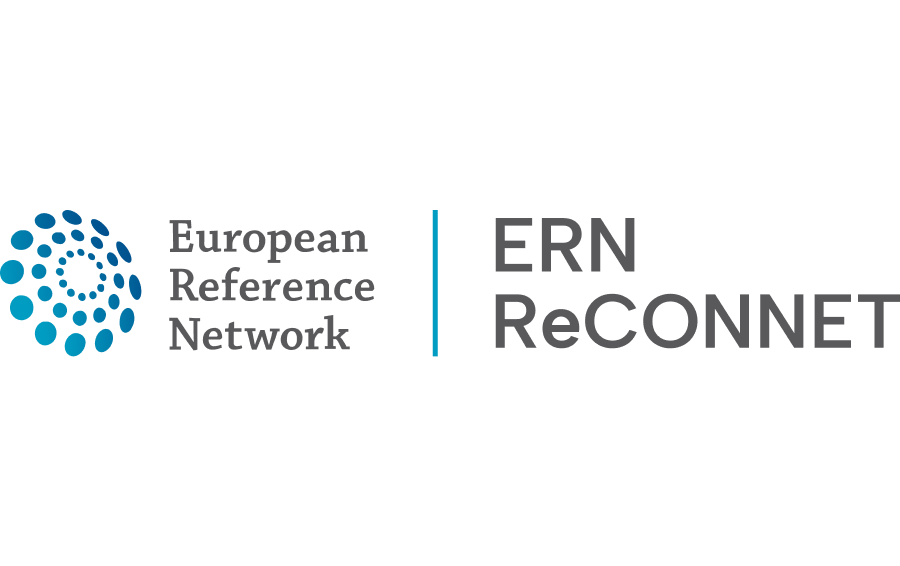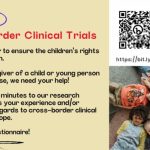Newborn Screening – Real World Applications and Technologies
 IRDiRC‘s Special Edition on “Newborn Screening – Real World Applications and Technologies” is now out. Guest editors are Dr. David A. Pearce chair of IRDiRC and Dr. Virginie Bros-Facer member of the Diagnostic Scientific Committee at IRDiRC.
IRDiRC‘s Special Edition on “Newborn Screening – Real World Applications and Technologies” is now out. Guest editors are Dr. David A. Pearce chair of IRDiRC and Dr. Virginie Bros-Facer member of the Diagnostic Scientific Committee at IRDiRC.
Newborn screening (NBS) programs are an integral part of public health systems aiming to identify infants born with childhood-onset, mostly rare disorders and initiate early intervention to improve their quality of life. Current traditional NBS programs rely on biochemical methods, and the introduction of tandem Mass Spectrometry has enabled the addition of diseases to be screened through National NBS programs. Despite these efforts, there is a significant disparity in the number of diseases screened through these programs across the world, from less than a handful in some countries to several dozens in others.
During the last two decades, technological advancements have driven the expansion of NBS pilot programs with the development of fast and accurate next-generation sequencing (NGS) technologies. NGS has opened the door to a range of possibilities in the field including, not only wide-scale implementation for confirmatory testing, but also as first-tier analysis of numerous genes associated with many genetic disorders, that can be treated presymptomatically and screened in a single test. Furthermore, with the increasing development of therapeutic strategies for rare diseases, there is an urgent need to enable the addition of diseases to be screened in a fast and efficient manner.
NGS has the potential to improve the diagnostic and prognostic utility of NBS and could enable progressive and future methodological standardization of NBS programs, leaning towards a more equitable healthcare across the world. Although true harmonization of NBS programs remain out of reach today, there is a significant potential to improve current programs
so that more children and families could benefit from screening in the future.
Several pioneering initiatives in the USA, Europe, Australia, and China, are aiming to pilot NGS in NBS programs, and each initiative is designed to address specific challenges.
In this special edition, state-of-the-art related to NBS and other urgent matters are presented and discussed as papers, review, opinion articles, and perspective.
This journal has an open access policy, so the eBook is available for consultation for free. Here is the direct access to its PDF version: IRDiRC NBS eBook .







